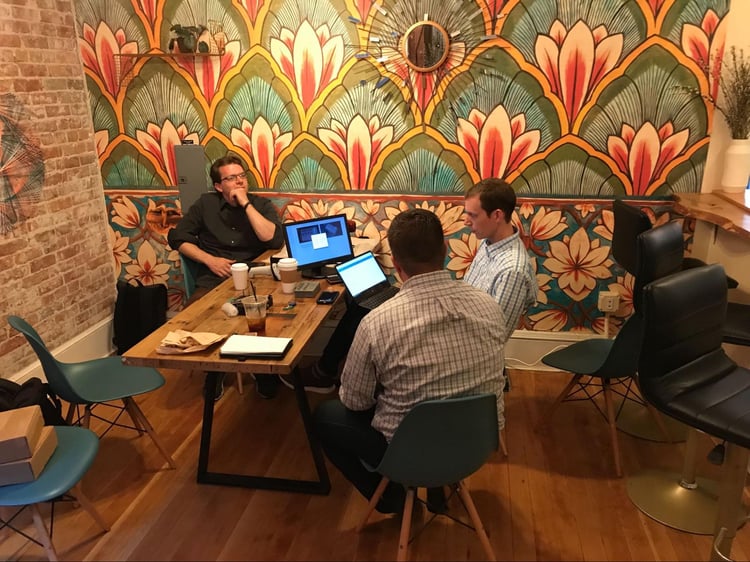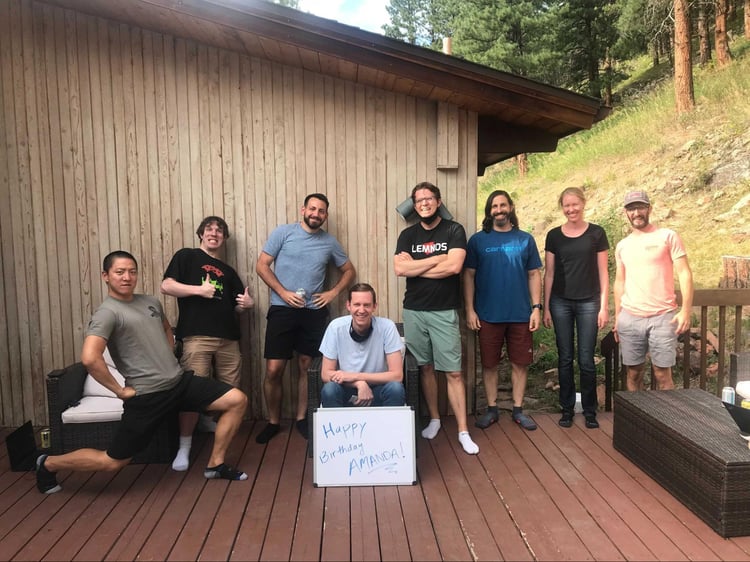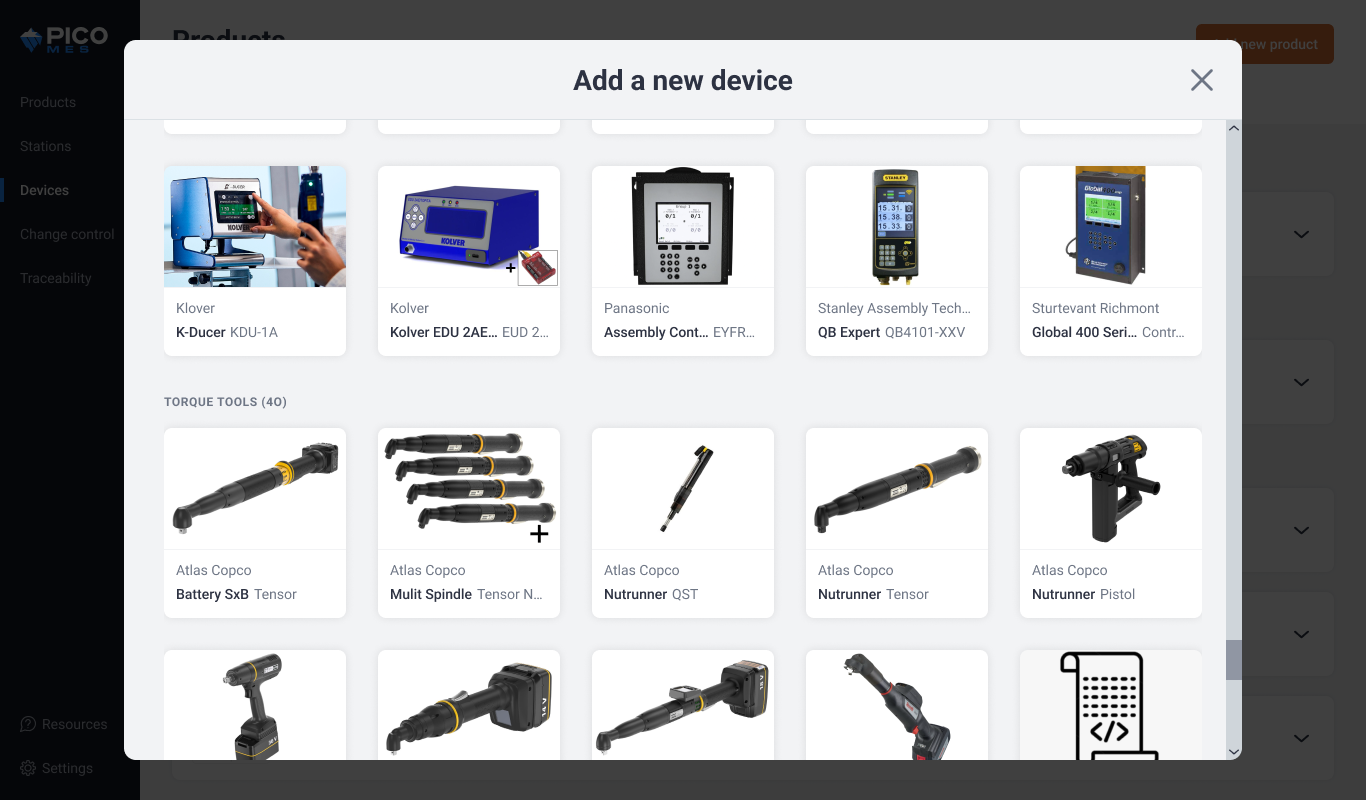#{ item.name }
#{ truncateText(item.metadescription) }
My co-founders, Zac Nelson, and Geoff Bucks, and I faced a tough decision in 2018 when electric motorcycle manufacturer Alta Motors went under. Do we start over again at a new manufacturing company and either use the crappy software available on the market or build something from scratch (again)? Or, do we take the plunge and stop complaining about what software is available, and design a solution for a common problem?
The big challenge has 3 underlying truths:
The biggest lie is that the supply base has access to good solutions that address the truths. Ninety-eight percent of American factories are small to medium-sized with less than 500 employees—companies that mostly run production with clipboards and spreadsheets. Their operations need nimble, affordable, yet robust capabilities. However, most tech solutions are designed for large enterprises that are the 2% minority, chasing massive contracts instead of solving the larger pain.

In 2019, Geoff Bucks (co-founder) and I held our first demo in a coffee shop in Seattle.
What Pico MES does—and how it does it—are the product of two decades in the automotive industry. Starting with General Motors and transitioning to smaller factories like Tesla and Alta Motors, I was captivated by the complex web of integration required for thousands of components to converge precisely at the right moment, seamlessly. While the OEMs had orchestrated their operations and fine-tuned their processes with significant success, suppliers' issues regularly halted everything.
Geoff, Zac, and I had expertise in designing and implementing various Manufacturing Execution Systems (MES) from our time at large automotive factories and rapidly growing startups. The lack of solutions we could bring to bear at Alta Motors was massively annoying, adding gasoline to the daily firefighting of factory life. We knew that we couldn't go into another factory and use legacy software sets and be saddled with the challenges of making them work, and we didn't want to re-experience the pain of creating something from scratch that would serve only one company.

Our first company-wide retreat was in 2021. We had 8 employees at the time. I’m proud to say that all 8 are still with us on this journey, as is my wife Amanda, whose birthday was during the offsite.
We proudly serve manufacturers that form the backbone of the US automotive, aerospace, and green energy verticals, and many more. All of them are creating good jobs in small towns, contributing to stable employment and improving people's lives.
For example, Lithos Energy has been our customer since 2020, when they had only 20 employees. They have since grown over 250%. They specialize in producing lithium-ion battery packs for industrial, defense, and marine applications. Their adept utilization of Pico MES has essentially error-proofed their processes.
Consider fastening the high-voltage joint between a busbar and a battery pack. There is a risk of fire or failure if the bolt isn't precisely tightened. These areas of quality concerns are where our software shines. Using our library of 150 different tool families, it connects DC nut runners without requiring intricate software or expensive integration. From out of the box to in use in less than 1 hour all-in. Lithos Energy harnessed this capability to flawlessly safeguard its processes. Quality there is world-class and the manufacturing engineering team shifted from reacting to problems to enhancing factory efficiency, overcoming bottlenecks, and scaling to the next level.
Another example is Tritium, which makes DC fast chargers for electric vehicles. They expedited the establishment of their multiple-line factory in mere months – a feat that typically takes years in the MES domain. This swiftness continues to provide a competitive edge in a complex market as they scale up. Software limitations no longer impede their progress; they can deploy new stations in minutes.
Tritium reduced operator onboarding time from 2 months to 2 weeks, creating new efficiencies in factory operations
Companies like Tritium and Lithos Energy are on the opposite ends of the spectrum in terms of size and revenue. Yet, we empowered their journeys through a common denominator: ease and access. With Pico MES they have ease in operator training and upskilling coupled with access to data to make more informed decisions.
The most consistent advice I give to other founders is this: never start a company unless there simply is no other choice. Saying the startup journey is difficult is a dramatic understatement. Zac, Geoff, and I had options after Alta Motors, but we felt that founding Pico MES was the only choice for us.
We incorporated Pico in early 2019 to help the supply base establish a digital backbone with the functionality of best-of-breed systems and none of the fuss and bureaucracy. We have built an affordable manufacturing solution with a no-code installation that is easily set up and maintained by the experts that reside within every midsize factory.
Many startups pivot from their original missions, but the last five years taught us that sticking to our mission is the most important fabric of our company. We're dedicated to strengthening the American manufacturing base and supporting small businesses that make vital contributions to supply chains.
We recently closed a $12M Series A round, which positions us to expand our product portfolio and grow our commercial team to reach more mid-sized factories. That funding further validates our decision and gives us 12 million reasons to press on.
#{ truncateText(item.metadescription) }
Step into the future of factory operations with Pico MES. Start your journey toward a more efficient, error-proof factory floor today.
